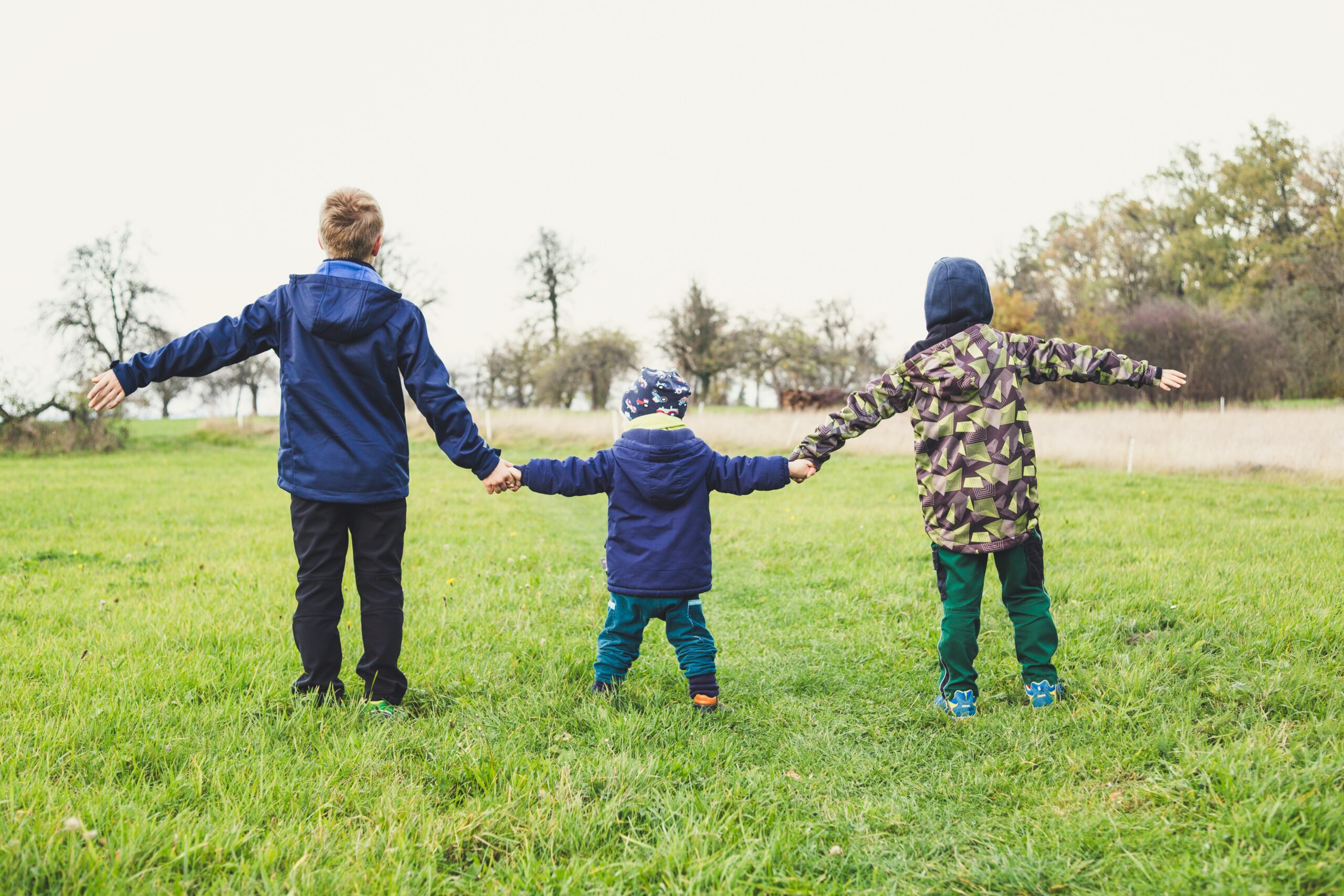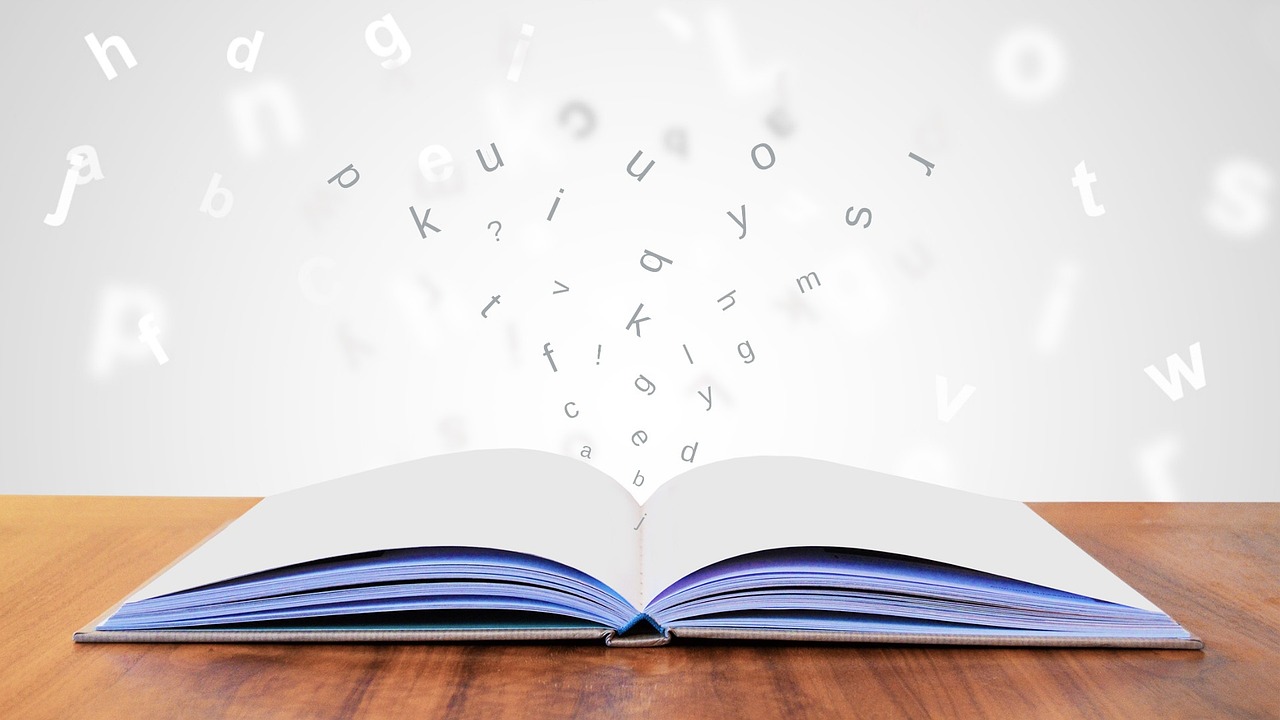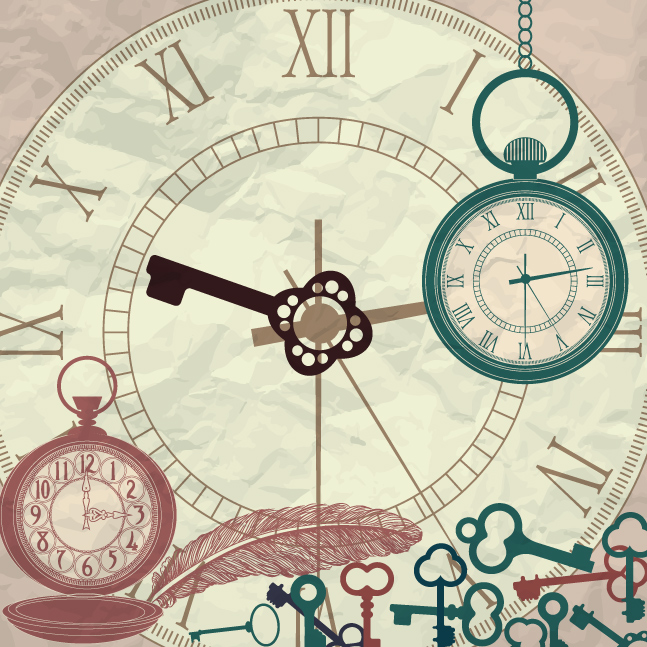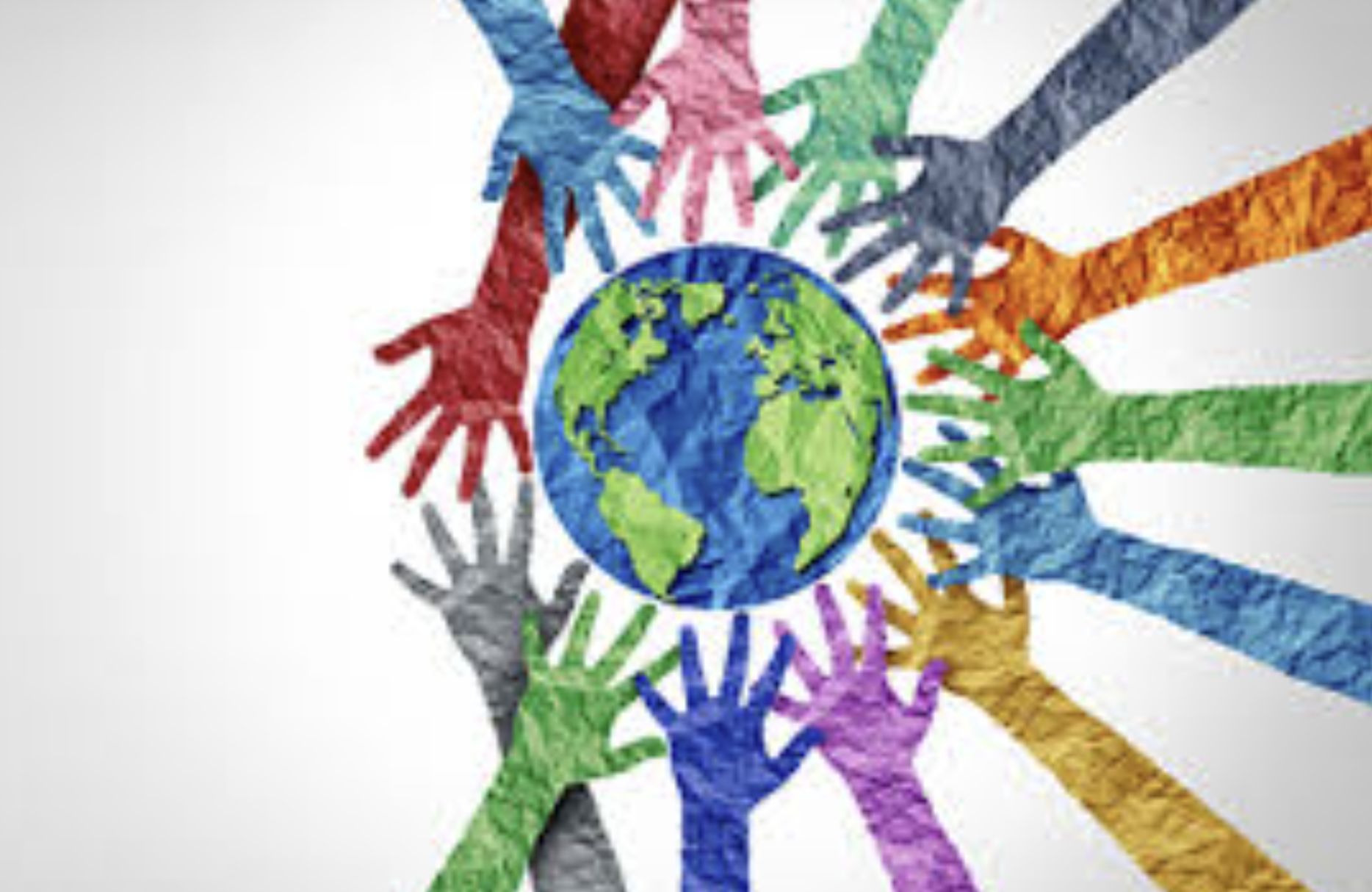-
Artificial Affection: Exploring Human-AI Relationships

As AI adoption becomes increasingly widespread, researchers have been exploring how people develop human-like attachments to AI, which has both beneficial and risky implications.
-
The Places That Shape Us: Small Towns vs. Big Cities

Some of us spent our childhood building forts in the woods with our siblings and knowing the full history of everyone in our town. Others spent their early days with endless activities to choose from and the constant sound of police cars and ambulances whizzing by. These very different environments shape the world we know,…
-
When Health Becomes a Moral Issue

From cigarettes to vaccines, people moralize behaviors that seem to cause harm.
-
Improving our memory in educational settings

Do you have midterms or final exams coming up? We’ll go through a few different types of studying scenarios together to truly answer the question: How can you optimize your study sessions this semester? Spacing Effect: How often you study matters 1. Studying You have your exam coming up in a couple of days, and…
-
Metacognitive Illusions & The Font Size Effect

Have you ever done your assigned reading and thought, “I’ll definitely remember this, it’s in HUGE, BOLD LETTERS” and then failed to recall anything on your quiz the next day? This feeling of disconnect between what we think we know and what we actually know can be explained by the human ability to monitor and…
-
The Psychology of Grocery Lists: Why We Forget the Milk

How limited is our working memory capacity? While often described as fixed, research shows its boundaries depend heavily on the factors present during encoding and retrieval. Under the right conditions, we may be able to surpass what once seemed like hard limits.
-
How our perception of time influences the memory of events

When remembering a moment in life, does it ever feel shorter or longer than what actually occurred? Research shows that our brain’s chemistry might unlock the secret to why this is, and how that influences our memory of the event later on.
-
Autism Spectrum Disorder: The Role of Cross-Cultural Differences in Diagnosis and Intervention

In this blog post, we explore how cross-cultural differences impact the diagnosis and treatment of Autism Spectrum Disorder (ASD). While early intervention is key, cultural beliefs, stigma, and systemic disparities often delay diagnosis for children from non-white and minoritized communities. By examining global perspectives and research, this post highlights the need for culturally responsive approaches…
-
Analogy-Based Learning in the Classroom: Implementing Strategies to Promote Conceptual Understanding and Performance

In this article, I discuss four principles of analogy-based learning and teaching in the classroom that are crucial for students’ success in analogical reasoning.
